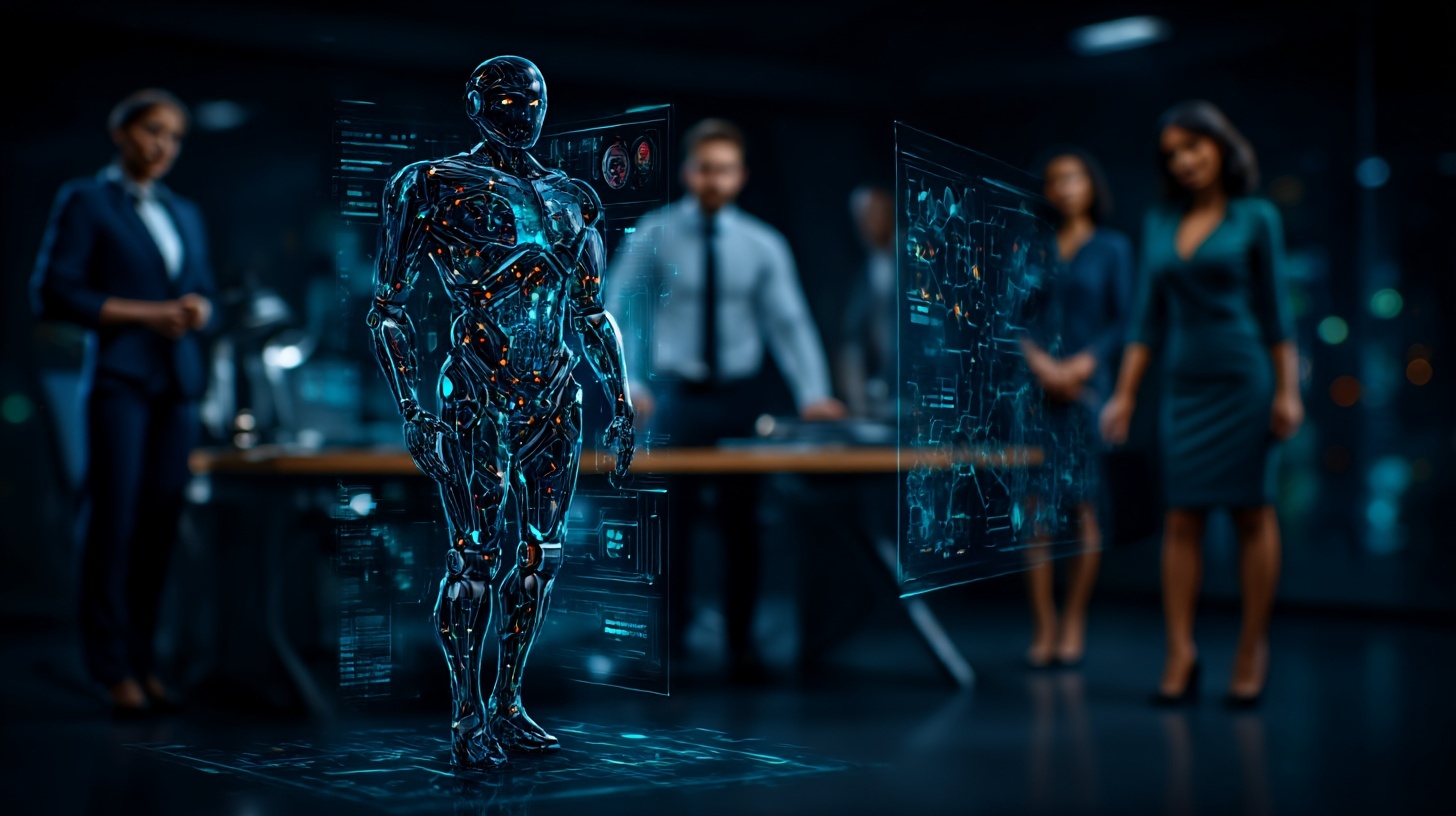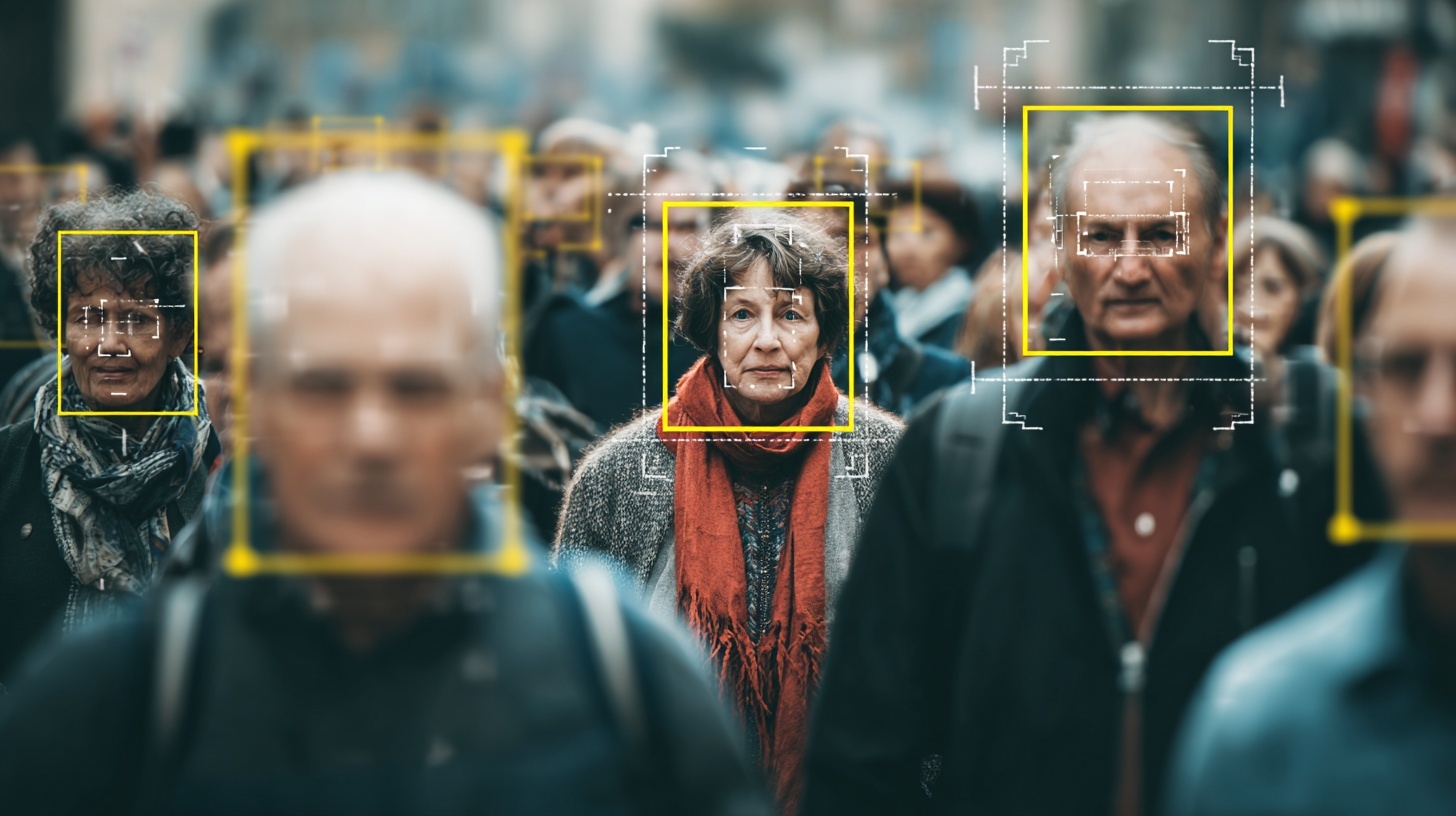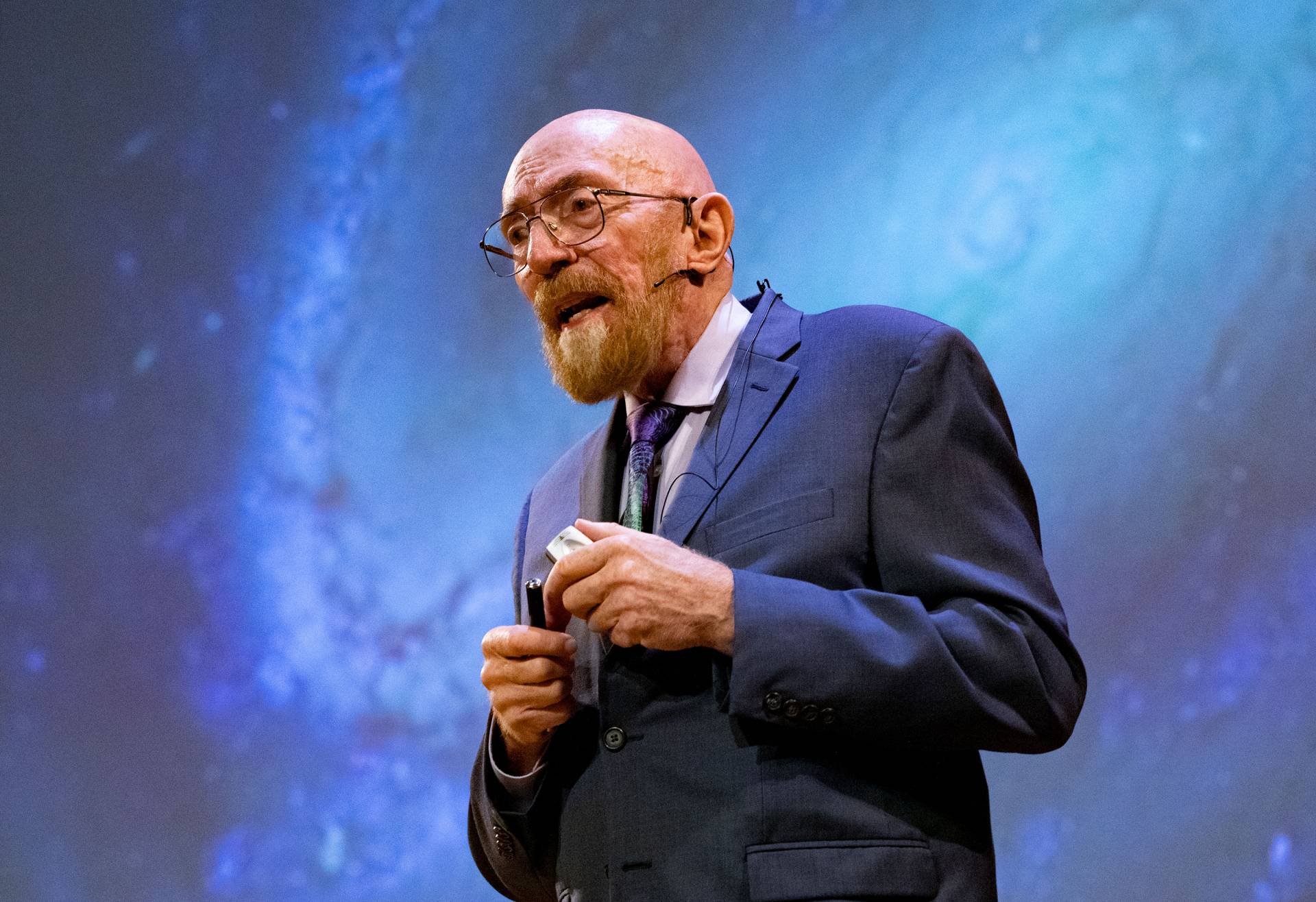By Futurist Thomas Frey
The Question Nobody Wants to Answer
How much is your life worth? Most people recoil from the question because it attempts to put a monetary value on existence, something we prefer to measure in far different ways. But governments, insurance companies, militaries, and juries make these calculations daily. Every liability case, every military budget, every insurance premium embeds assumptions about the dollar value of human life.
The uncomfortable truth is that we’re constantly making value judgments about people. When you invest in training to make yourself more useful to your employer, when you choose clothing to look more important, when you assess someone’s legacy based on their estate value—you’re running value calculations whether you acknowledge it or not.
Here’s what’s changing: seven global shifts are causing the underlying value of human life to move up an exponential growth curve. By 2040, the economic value of the average human life could reach $2 billion or more. That’s not hyperbole—it’s extrapolation from trends already in motion. And when that shift happens, it will fundamentally restructure corporate decision-making, insurance frameworks, legal liability, and how we invest in ourselves.
Continue reading… “Building a More Valuable Human: Why Your Life Is Worth $2 Billion (And Rising)”












